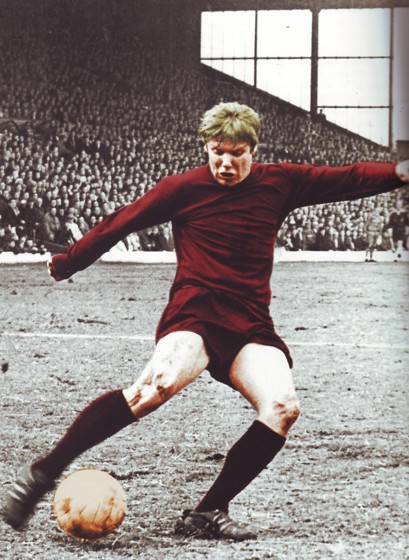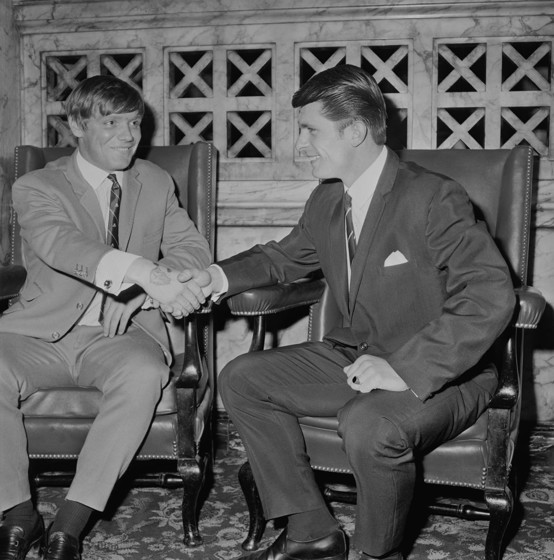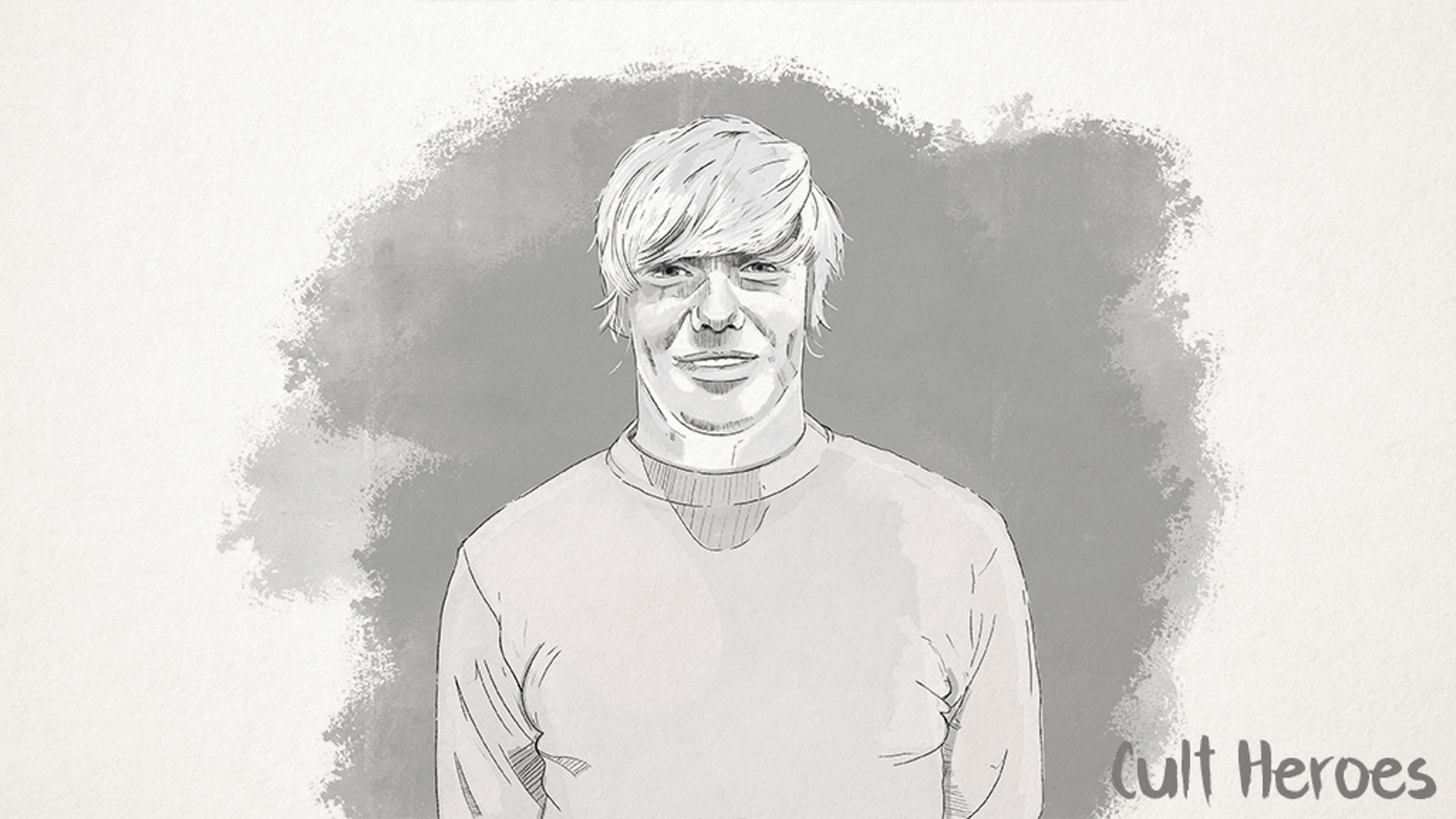It’s fair to say Tony Coleman had something of a reputation when he arrived at City from Doncaster Rovers in 1967.
The Liverpudlian winger had once thrown furniture out of a window at a Lilleshall training camp because he was – allegedly – bored and had been in trouble with referees for one reason or another for most of his career.
CITY+ | Free to watch until football returns
But beneath the mischievousness, the frequent misdemeanours and quick wit (he once asked Princess Anne ‘how’s your mam?’ while being introduced before the 1969 FA Cup final), there was a talented footballer who perhaps never quite got the credit he deserved for the role he played for City in the Joe Mercer glory years.

Like many mercurial talents, his star shone brightly, but briefly and within two years of signing he was off on his travels, a free spirit who continually sought new adventures.
Coleman was regarded, in football circles, as trouble with a capital T and had once served a lengthy ban from the game for striking an official during a game – an act that he was fortunate not to be banned for life – but one he undoubtedly regretted.
Stoke City and Preston North End considered the winger impossible to control and he had drifted into non-League football with Bangor City before Doncaster had offered him the chance to resurrect his career.
Malcolm Allison – who had once described Coleman as “the nightmare of a delirious probation officer”, was acutely aware of what Coleman could bring to the City team down the right side, but it’s fair to say he had to use a major charm offensive to convince Mercer to sanction the move.

City decided to roll the dice and paid £110,000 for Coleman, still only 21 years-old, who arrived in April 1967 in time to make his debut against former club Stoke at Maine Road. City won 3-1 that day with Colin Bell bagging a rare hat-trick and the Blues lost just one of the remaining eight games.
The Kippax quickly took to him and loved his cocky swagger and bad boy reputation – plus he was one of the first players to sport a genuine ‘Beatles haircut’ though he looked more like a gritty method actor from any number of northern kitchen sink dramas of the era.
In season 1967/68 Coleman added balance and poise to City’s attacks but he was also a feisty competitor – one of many in a team that was both skilled and savvy, and despite his wayward nature, ‘TC’ – as he became affectionately known at Maine Road – seemed to have found his spiritual home.
At the time, the club he’d joined was just like he was – unpredictable, mesmeric and occasionally infuriating in equal measure.
As Mercer and Allison’s side clicked into an unstoppable groove, Coleman was doing his bit, though rarely stealing the limelight from the likes of Bell, Mike Summerbee, Neil Young and Francis Lee.
Most of all, he seemed to be on his best behaviour, no doubt aware that he’d been give an incredible opportunity to showcase his abilities.
He rarely scored vital winners or grabbed the headlines, but he was playing his part to the full and as the Blues began their final push for the championship, Coleman missed two games against Chelsea and Wolves - City failed to score in either of them.
City did go on to clinch the title on the final day away to Newcastle United, and as the championship medals were dished out, TC had earned his as much as anybody else.
He played much of the less glorious 1968/69 campaign, including the 1969 FA Cup final win over Leicester, and stacked up enough appearances to be considered a regular - but he fell out of favour for the ’69/70 campaign and played his final game for City in a League Cup tie against his hometown club Liverpool.
He’d made 102 appearances and scored 16 goals.
That was the end for TC who then left Maine Road to seek his fortune at Sheffield Wednesday, but of course, it didn’t last that long and his career included spells with Cape Town City, Blackpool, Southport, Stockport County and Macclesfield Town.
Perhaps fittingly, of all the glory years’ team of the late 1960s, it is Coleman who has proved most elusive.
He’s not been seen around the club for decades and there were various reports of him living in South Africa while others have him residing in Australia.
There was even a recent rumour a few years back that he’d surfaced in Ireland.
Wherever he is, he is a true City enigma – perhaps the finest – and it’s only right he remains as mysterious today as he ever was in his pomp.







